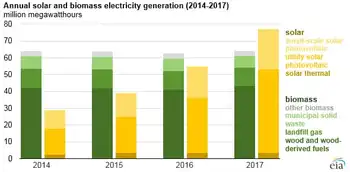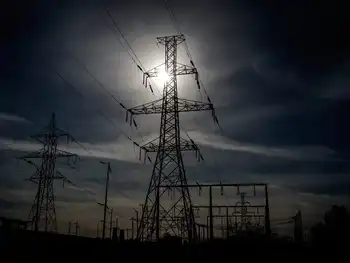Lake Erie Cross-border Power-line Project Reaches Milestone
By GLOBE AND MAIL
Protective Relay Training - Basic
Our customized live online or in‑person group training can be delivered to your staff at your location.

- Live Online
- 12 hours Instructor-led
- Group Training Available
The project, which would transmit power from Ontario to the United States, or move it in the opposite direction, has been on the drawing board for a couple of years.
It would involve laying a high-capacity cable starting from Nanticoke, Ont., stretching about 120 kilometres across the lake floor to Erie County, Penn.
In late May, the projectÂ’s owner, U.S.-based transmission company ITC Holdings Corp. filed a permit application with CanadaÂ’s National Energy Board.
In the next few days, it will do the same with the U.S. Department of Energy, which would also have to give permission for the project to go ahead.
Several other regulators on both sides of the border must also give the nod before construction can start.
The project, called the Lake Erie Connector, would deliver Canadian-generated electricity to the grid that supplies power to 60 million Americans in a dozen states in the U.S. Northeast.
Some of those markets will need new sources of power in the coming years as coal-fired power plants are closed to meet environmental rules.
The new line would bypass the connections in Michigan or New York that now sometimes carry Ontario power to the United States but are often congested or unavailable during peak hours.
But it could also carry electricity from the United States to Ontario when there is an emergency or outage that requires a power boost, or if there is a shortage in the coming years when the provinceÂ’s nuclear plants are being refurbished or retired.
“The bi-directional design means that electricity can flow into Ontario from a new route, helping improve the security and reliability of the power grid in Ontario,” ITC Holdings spokesman Robert Doetsch said. “The line could also potentially play a role in emergency grid restoration in the province [and it] would provide Ontario with access to a new market to export its excess supply of energy.”
Mr. Doetsch said that if the regulatory approvals fall into place, financing and the ordering of equipment should happen in 2016 and 2017. Construction would then start in 2017 and the project could be up and running by 2019.
The Lake Erie Connector was initially developed by Canadian entrepreneur John Douglas, who is known for proposing huge and innovative power projects. A year ago, he sold the Lake Erie project to ITC Holdings – the largest independent transmission company in the United States – for an undisclosed sum.
Mr. Douglas, who made a fortune selling his wind farm developer Ventus Energy Inc. to French energy giant Suez SA in 2007, is still working for the Lake Erie project as a consultant. He is also developing other long-range transmission ventures, including an underwater line down the Hudson River from Montreal to New York, and another that would connect Peru to Chile.
Mr. Douglas said that when he was looking for a “project sponsor” for the Lake Erie project, ITC was a better fit than financial investors because of its “deep transmission expertise, understanding and experience.” The 1,000-megawatt Lake Erie line will include two transmission cables and a fibre optic communications line, and cost about $1-billion U.S. to build. Unlike most transmission lines that use alternating current, the proposed project will use high-voltage direct current, which works better in long underwater applications, can work in either direction and has less energy loss than AC.
Utilities that want access to the line would essentially pay a toll to ITC in return for carrying their power.











